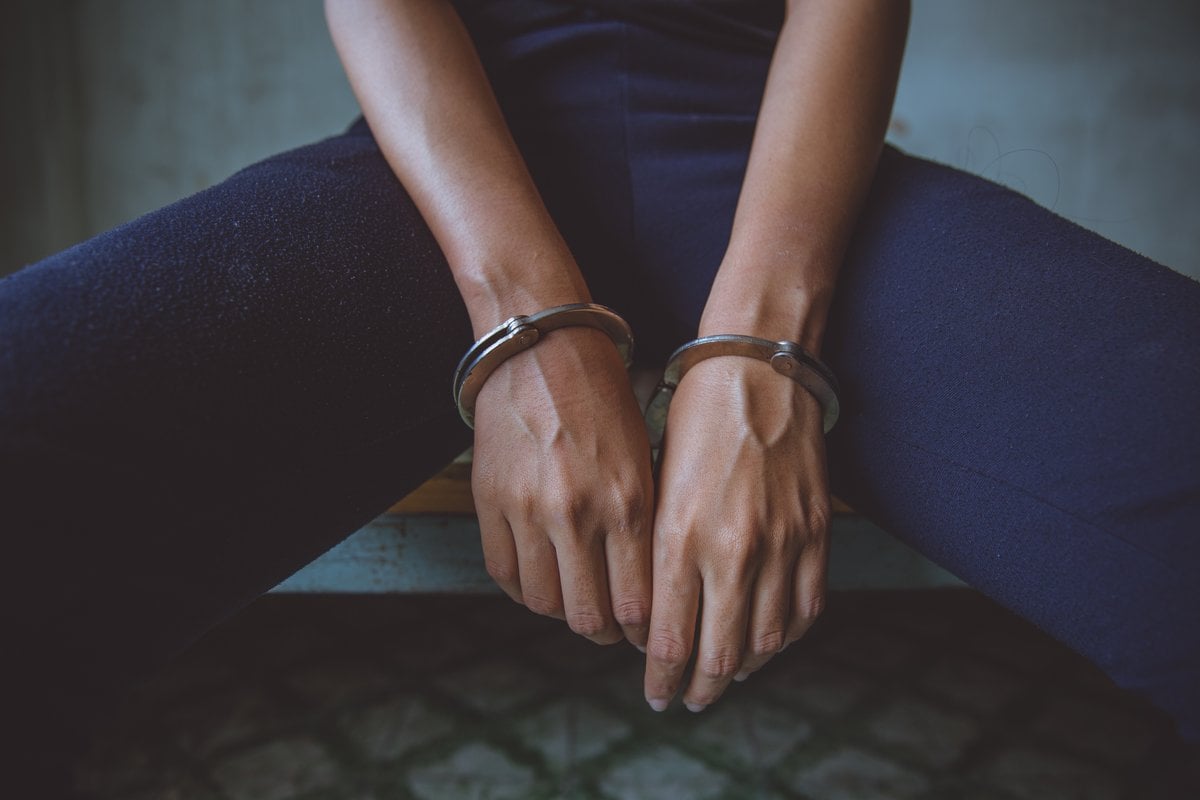
This post discusses miscarriage and may be triggering for some readers.
Last year, teenager Brittney Poolaw had a miscarriage. She’s just been found guilty of first-degree manslaughter and sentenced to four years’ jail.
Poolaw, an Indigenous woman, lives in Oklahoma. In January last year, when she was 19 years old and 17 weeks pregnant, she had a miscarriage at home and went to hospital for medical help. The Lawton Constitution reported that Poolaw admitted to using meth and marijuana. She said that when she first became pregnant, she wasn’t sure if she wanted to keep the baby or not. The foetus tested positive for drugs in the liver and the brain.
Watch A Tribute To The Babie's We've Lost. Post continues after video.
Poolaw was arrested and put in a cell. She was charged with first-degree manslaughter.
Police believed that her drug use had caused the miscarriage. Her bond was set at $US20,000, and because she couldn’t afford it, she stayed in jail until her trial was held earlier this month.
TV station KSWO reported that during the trial, an obstetrician/gynaecologist said meth use could have an effect on pregnancy, but may not have directly caused the death of Poolaw’s foetus. A nurse and medical examiner both said they had seen congenital abnormalities on the foetus. Despite that, Poolaw was found guilty and sentenced to four years in jail.

Top Comments